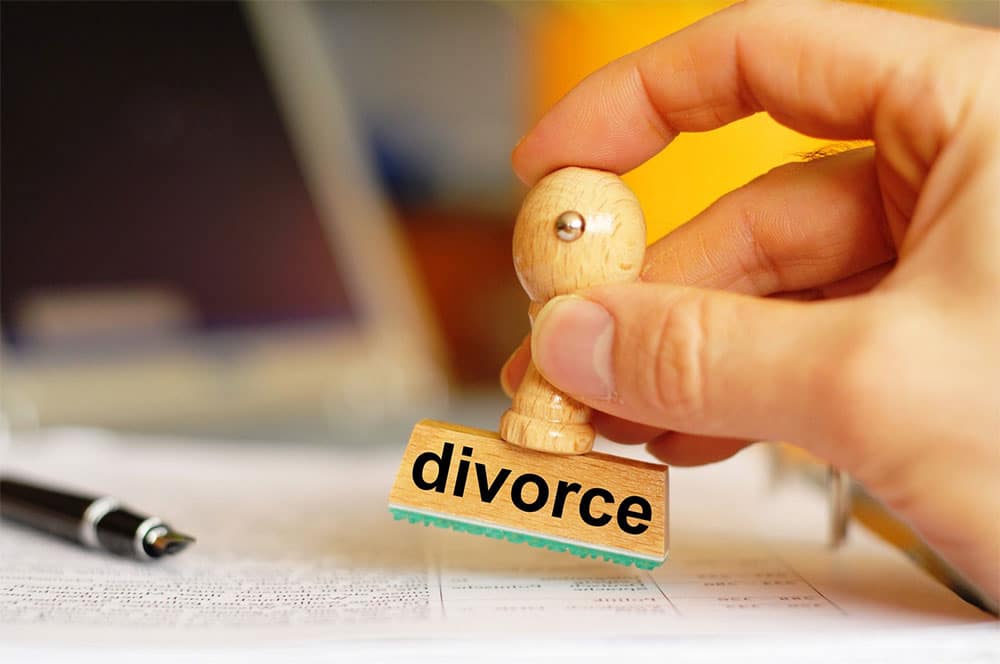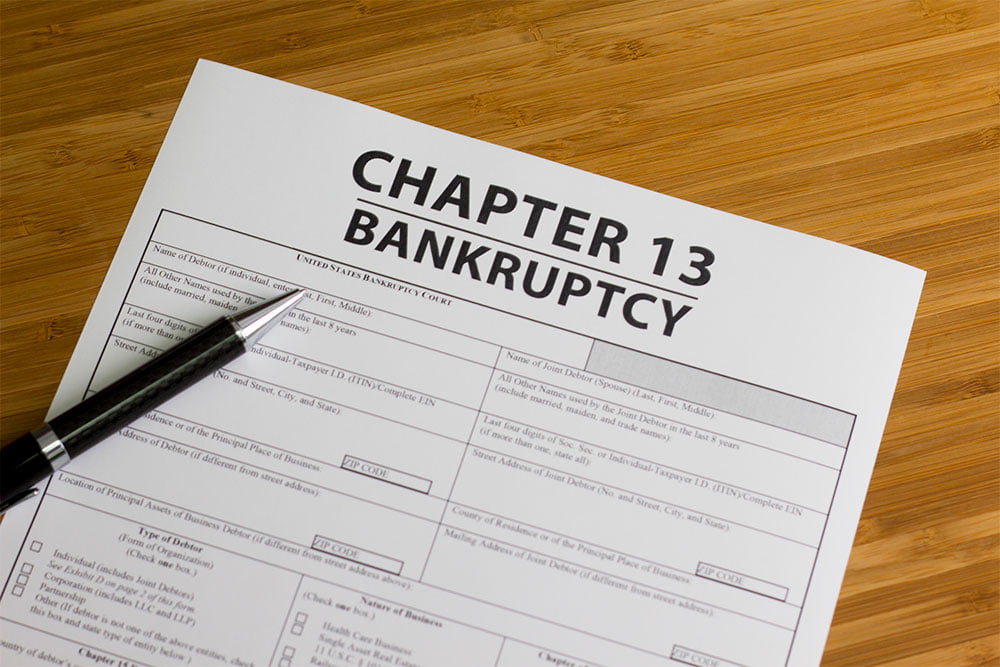You may be in the Chapter 13 a little longer than you think!
Law school 101….. If you are starting a small business, do you run it as an sole proprietor or do you create an LLC or S.Corp? Of course, you should create a corporate entity and run your business under the corporate umbrella. It will be very difficult to find an attorney that owns his or her practice and runs it as a sole proprietorship. So, why form a corporation for your business? The main and simple answer is for liability purposes. It creates another entity and it protects the owner of the company from being sued for the companies wrong doings. But, because of a recent ruling in the Northern District of Georgia Bankruptcy Court, there may be another reason for not running your business as a sole proprietor: If you end up having to file a chapter 13 bankruptcy, you may be required to be in the case for 5 years instead of 3 years.
The basic issue is this: Can a debtor that is a sole proprietor deduct their businesses expenses to determine if the are above or below the median income level? Simple answer is no. However, someone that operates their business under a corporate umbrella can.
Why do we care about this? Well, if a debtor’s gross income in a Chapter 13 bankruptcy is above the median income level, they must be in the case for five years. If they are under the median income level, they can be in the Chapter 13 bankruptcy for a minimum of 3 years. Therefore, someone that is a sole proprietor may have net income (gross income minus business expenses) under the median income, but their gross income is above the median income level. (I can see this being an issue in many case because many sole proprietors expenses alone exceed the median income figures).
Doesn’t make sense does it? Well, here is the reasoning behind it. Section 101(A)(10)(A) of the bankruptcy code does not exclude business expenses from current monthly income. The code defines currently monthly income as “income from all sources that the debtor receives…”. This language is what triggers the issue. If the debtor is a sole proprietor, then he or she is deemed to receive all of the gross business income. And, since he received all of the income, he or she cannot deduct the business expenses from the gross income. However, if the debtor is operating a corporation, he or she does not receive the gross income….. the business does. Therefore, someone operating a corporation can deduct the businesses expenses to show their gross income. Still doesn’t make sense? Here’s an example:
Debtor is a contractor and he runs his business as a sole proprietor. His business grossed $8k a month during the prior six months before filing bankruptcy. He has expenses of $5k a month. Therefore his net income is $3k a month, of which is below the median income level, and he should be in the chapter 13 for a minimum of 3 years. However, since he is a sole proprietor, the court says that he cannot deduct his business expenses. Therefore, his income is $8k a month, above the median income level, and he must be in the Chapter 13 bankruptcy for 5 years.
Now, lets says the same debtor above used a corporate entity for his business. The court would allow him to deduct the $5k of business expenses and therefore his income would be $3k. Since $3k is below the median income level, he would only have to be in the Chapter 13 for 3 years.
Simply put, here is yet another reason to incorporate your business, not that anyone anticipates filing for bankruptcy, but you never know.







